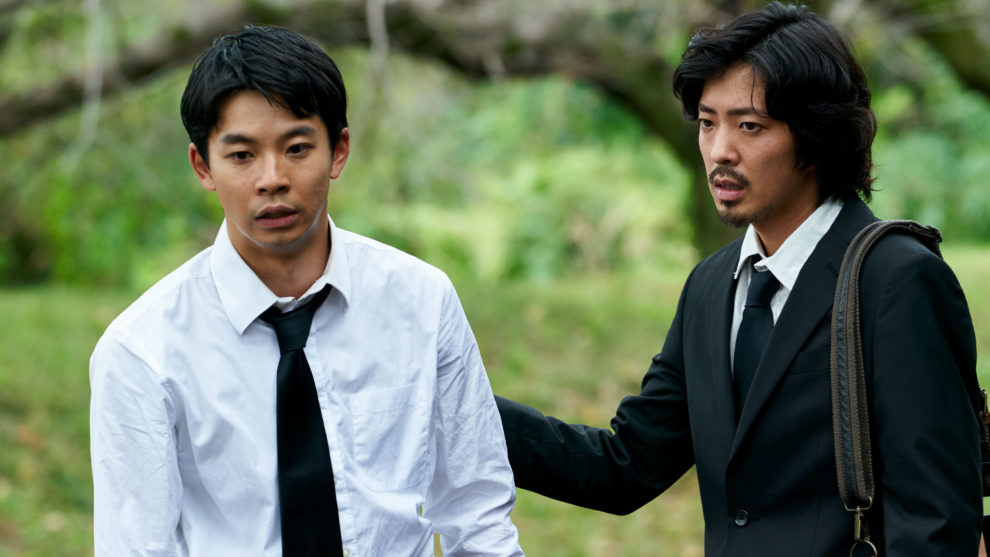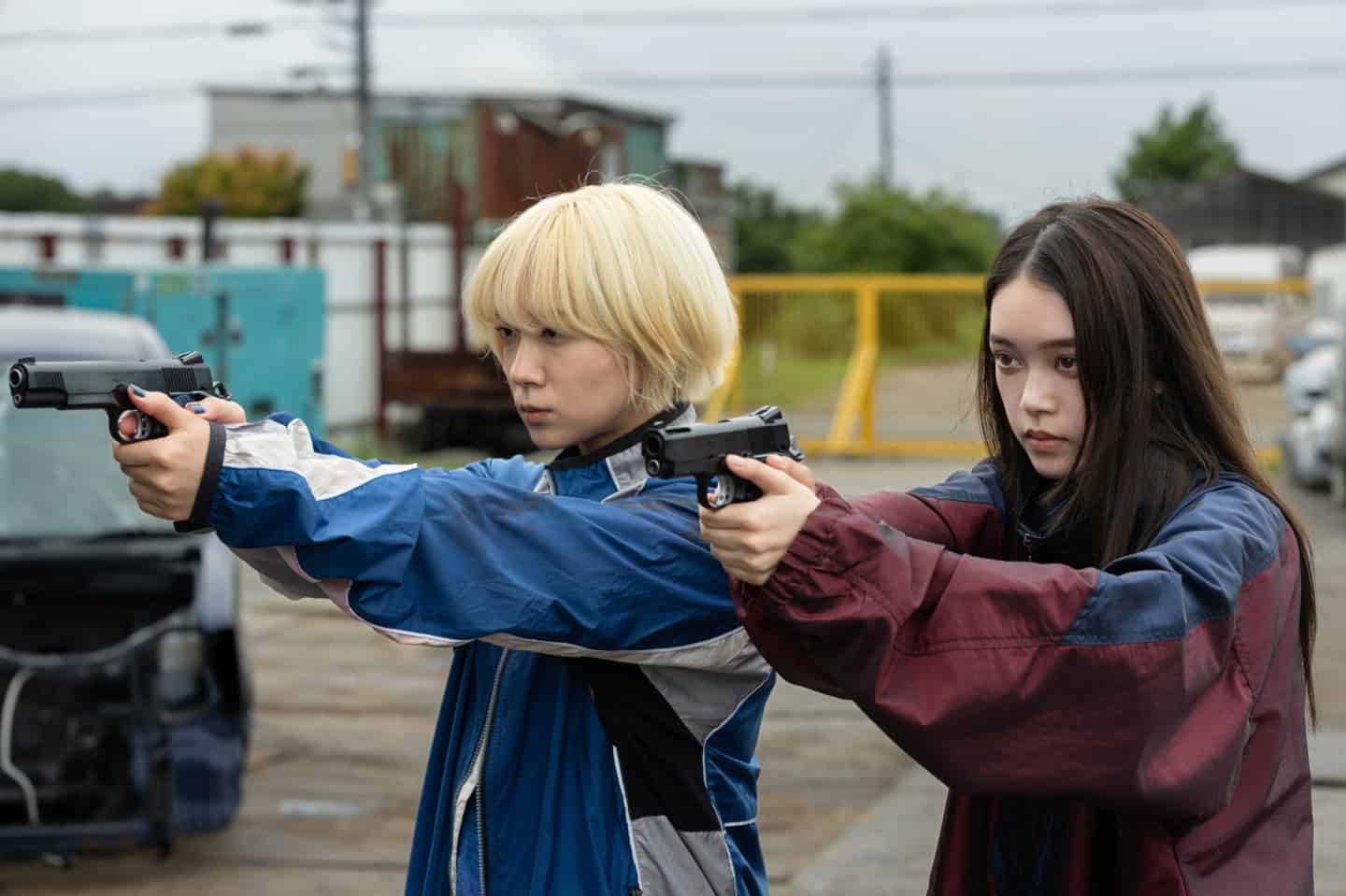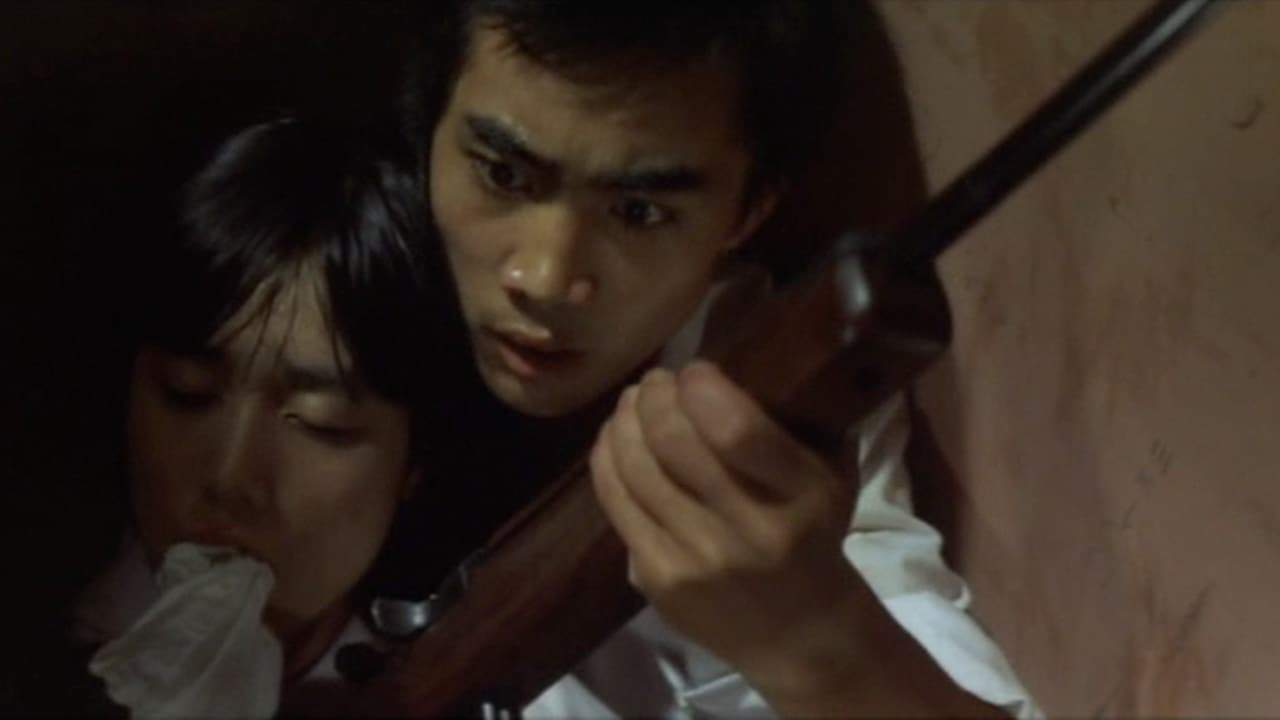“All The Things We Never Said” was one of six projects commissioned by the “Back to Basics” initiative from the Hong Kong International Film Festival Society and China's Heaven Pictures, which demanded from the participants to shoot a movie on a budget of ¥15 million ($142,000) each. Yuya Ishii wrote a script that focuses on the “inherent” characteristic of Japanese people, who always have trouble communicating their feelings and thoughts, in three days, and started shooting a couple of months later.
“The Celine Archive” is screening at San Diego Asian Film Festival

Atsuhisa Yamada, a man in his thirties, is the embodiment of this issue. He works as a librarian, a job that actually requires being quiet at all times, with this tendency continuing when he returns home to his wife and high school sweetheart, Natsumi, and baby daughter, Suzu. Natsumi complains frequently and even insults him to his face, but Atsuhisa never replies, even if he is continuously depicted on the verge of doing so. His only solace is the time he spends with Takeda, a friend he has also kept since high school, with the two attending an English class, the only setting Yamada communicates his dreams of a house with a garden and a dog for his family. His mundane domestic life comes to an abrupt end when he catches his wife cheating on him in their house, although once more, Yamada cannot externalize, to the point that it is his wife that tells him to move out. His bottled up feelings eventually take a toll on him, despite the efforts of Takeda, who stays by his side no matter what, while Natsumi also stumbles upon issues with her new beau, which force her to become a hostess. Yamada's brother, a genuine hikikomori, eventually plays a key role in the story.
Yuya Ishii directs a rather bleak film where he deals with a number of issues contemporary Japanese people face, starting with the aforementioned lack of communication, the concept of the hikikomori, and prostitution, all of which take the worse turn they could in the story. The drama that permeates the narrative only breaks upon the friendship of the two men, which seems to overcome their past, Atsuhisa's attitude of silence, and the overall occurrences that take place in the story.
The third key element of the narrative, apart from drama and the value of friendship, is tension, and particularly the kind that hides in silence, as exhibited in the excellent portrayal of Atsuhisa by Taiga Nakano, and his brother, by Korean director Park Jung-bum. One can truly feel the pressure, especially emitting from the former, which can even make the viewer scream at some point for him to react, as much as the one that derives from a constant sense that something pretty bad is going to happen.
Natsumi's fate, on the other hand, presents an ambiguous message, since Ishii seems to state that women should ignore the lack of communication with their men and instead focus on their virtues, like being hard-working, present, and dedicated, since the alternative will bring some sort of divine justice upon them.
This element is not the only one that draws from Greek tragedies, since Ishii also includes a scene of catharsis, although, once more in a Japanese movie, the director seems to miss a number of times he could end the film, even in the 90 minutes of its duration. The second significant fault in the narrative lies with the many flash forwards, all of which are communicated with title cards, which become a bit problematic due to their frequency, although this could be attributed to the restricted nature of the production.
On a last element, Ishii states that regarding the relationships of parents with their children, even the smallest gesture can have a significant impact, in one of the most tender moments of the whole movie.
The excellence in acting also extends to Ryuya Wakaba‘s Takeda, who functions quite well as the opposite of Atsuhisa, and also in the way that he also communicates his bottled up feelings, which move, however, towards a wholly different direction. Yuko Oshima as Natsumi is also convincing, although her performance does not reach the levels of the rest of the cast.
“All the Things We Never Said” has its faults, particularly deriving from the limitations of the production, but Yuya Ishii still manages to come up with a very interesting drama that communicates its social messages with eloquence, even in a bit of melodramatic fashion.















